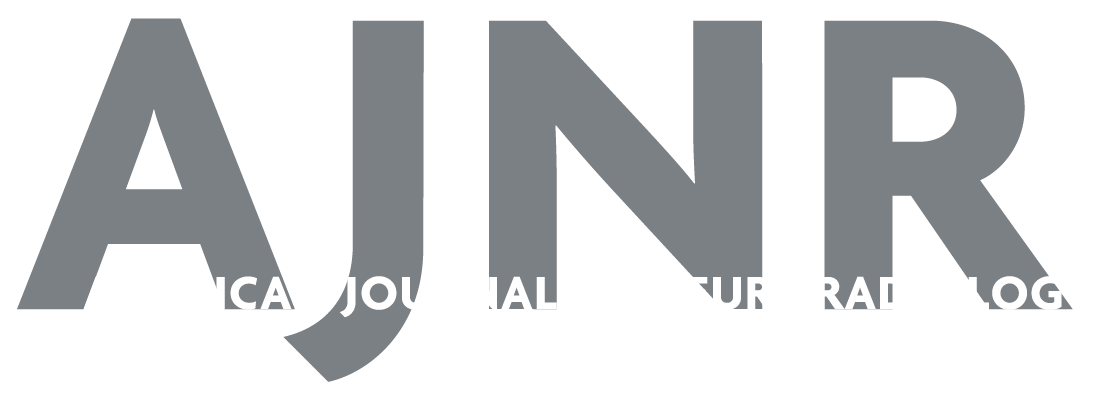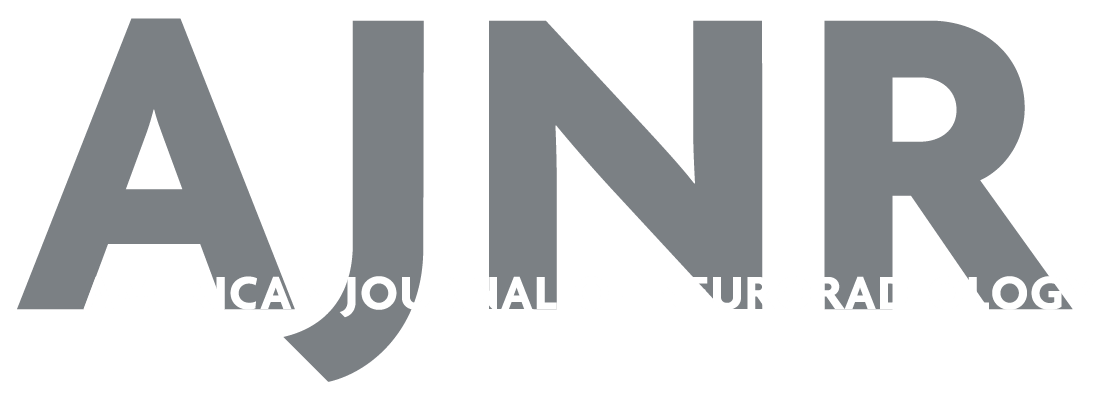- A Clinical and Imaging Fused Deep Learning Model Matches Expert Clinician Prediction of 90-Day Stroke Outcomes
The authors in this study used a deep learning-based predictive model (DLPD) that incorporated DWI and clinical data from the acute period to predict 90-day mRS outcomes and compared its predictions with those made by physicians. The results showed that the clinical and imaging fused deep learning model is noninferior to expert physicians in predicting specific mRS outcomes and unfavorable prognoses.
- Performance of Automated ASPECTS Software and Value as a Computer-Aided Detection Tool
This retrospective study compared the agreement of automated ASPECTS and raters with a different experience level in scoring patients with acute ischemic stroke with large-vessel occlusion undergoing thrombectomy. The agreement of all raters individually versus the criterion standard and interrater agreement improved with software assistance.
- Viz.ai Implementation of Stroke Augmented Intelligence and Communications Platform to Improve Indicators and Outcomes for a Comprehensive Stroke Center and Network
There was an immediate improvement following Viz.ai implementation for both direct-arriving and telemedicine-transfer thrombectomy cases.
- An Artificial Intelligence Tool for Clinical Decision Support and Protocol Selection for Brain MRI
This model achieved high accuracy on a standard based on physician consensus. It showed promise as a clinical decision support tool to reduce the workload by automating the protocolling of a sizeable portion of examinations while maintaining high accuracy.
AJNR Awards, New Junior Editors, and more. Read the latest AJNR updates






